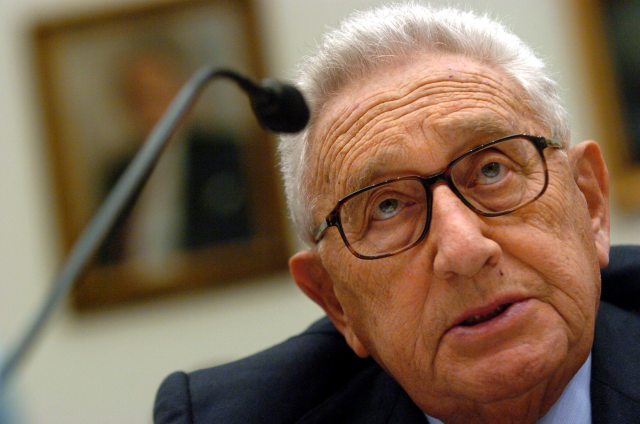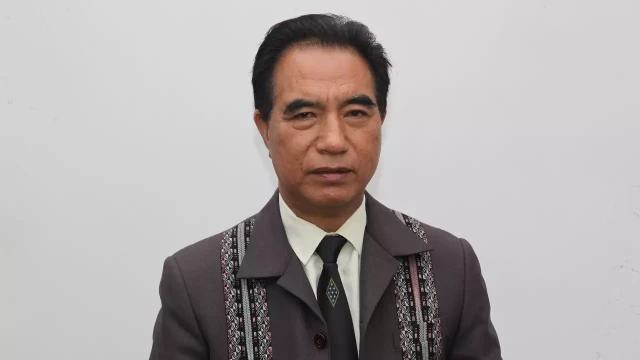Henry Kissinger's Demise: Unsuccessful Bid to Deter India During the 1971 War
- Posted on November 30, 2023
- Politics
- By Arijit Dutta
- 585 Views
Henry Kissinger, the former US Secretary of State known for realpolitik, passed away at 100. His legacy in global diplomacy involved key roles in US-China relations and the Indo-Pakistan conflict. Initially strained, his views later shifted, advocating stronger Indo-US ties, recognizing India's growing global influence and leadership under Narendra Modi.
 Image Source -www.ndtv.com
Image Source -www.ndtv.com
Former
US Secretary of State, Henry Kissinger, passed away at the age of 100, leaving
behind a complex legacy in global diplomacy. Renowned as a proponent of
realpolitik, Kissinger played a pivotal role in shaping significant chapters of
American foreign policy, notably during the Vietnam War and in fostering
relations with China. His pragmatic approach prioritized practical
considerations over ideological or moral aspects.
Kissinger's
influence extended to the sphere of Indo-US relations, marking a contentious
history. Despite his initial preference for fostering friendly ties with India,
his tenure was marred by strained relations. Notably, the Non-Aligned Movement
(NAM) led by India's former Prime Minister Jawaharlal Nehru created rifts
between the US administrations of Harry Truman, Dwight D. Eisenhower, and
Richard Nixon.
The
backdrop of the 1971 Indo-Pakistan War shed light on the tense relationship
between the US and India. Kissinger's disdain for India, coupled with Nixon's
contentious rapport with then-Prime Minister Indira Gandhi, was evident in
declassified conversations. Their derogatory language towards India's
leadership underscored the tumultuous phase in bilateral relations.
Amid geopolitical alliances, where Pakistan aligned with the US while India grew closer to the Soviet Union, Kissinger and Nixon sought to counterbalance India's ascent by leaning towards China, a strategic ally of Pakistan. Their efforts during the 1971 conflict to 'scare off' India through Chinese intervention highlighted their strategy.
However,
China's reluctance to intervene stemmed from apprehensions about provoking the
Soviet Union, a key ally of India at that time. Similarly, the Soviet Union's
deployment of naval fleets signaled a warning against US interference in the
war. Despite attempts, the US did not directly engage, considering the risk of
confrontation with the Soviets.
The
conflict culminated in a decisive victory for India, leading to the birth of
Bangladesh. Kissinger's later remarks reflected a change in perspective,
acknowledging Indira Gandhi's character and India's strategic acumen. Post-Cold
War, he advocated for stronger Indo-US ties, recognizing India's growing global
significance under leaders like Narendra Modi.
Kissinger's
evolving views underscored the intricacies of global politics and the shifting
dynamics between nations, marking a journey from strained relations to advocacy
for stronger partnerships in a changing world order.




